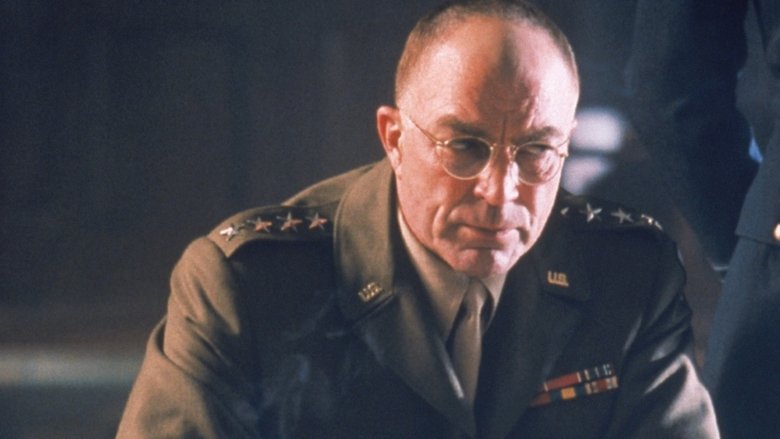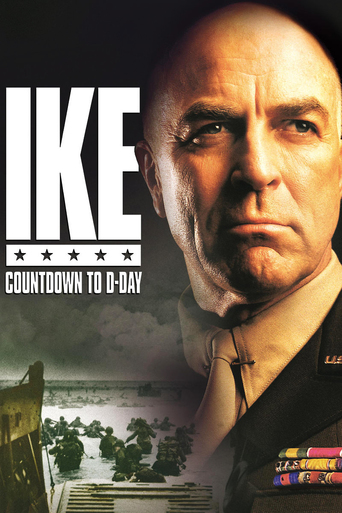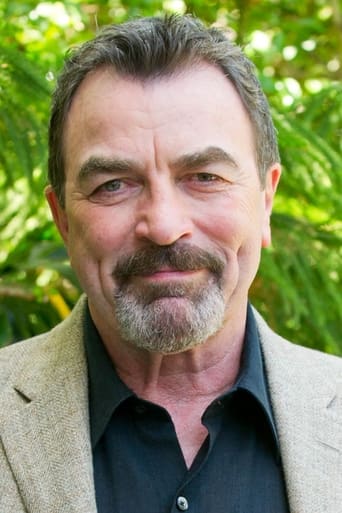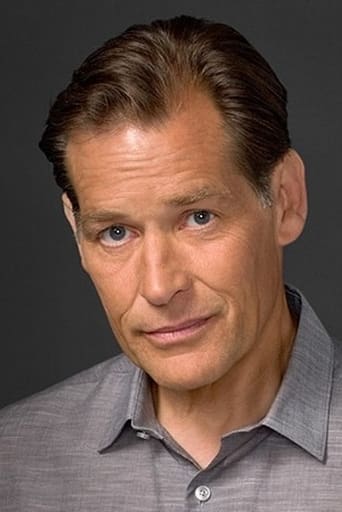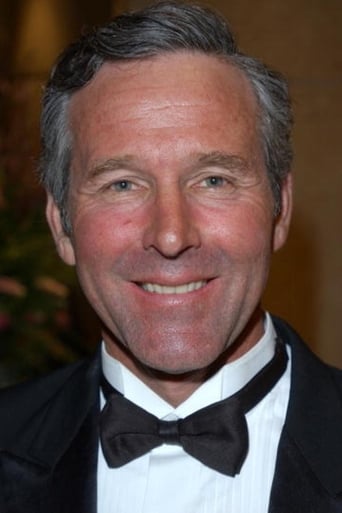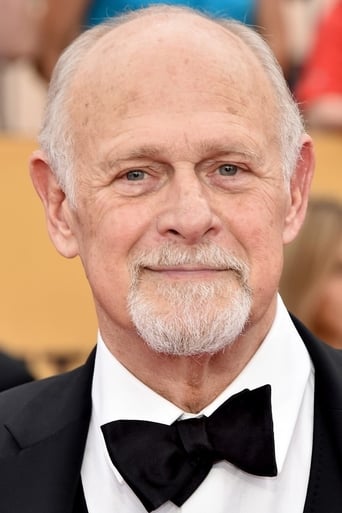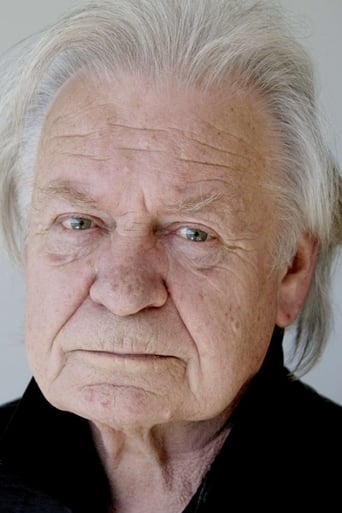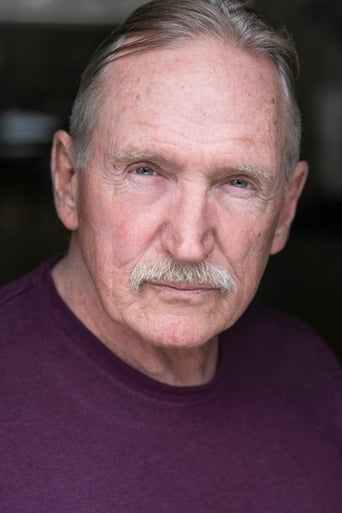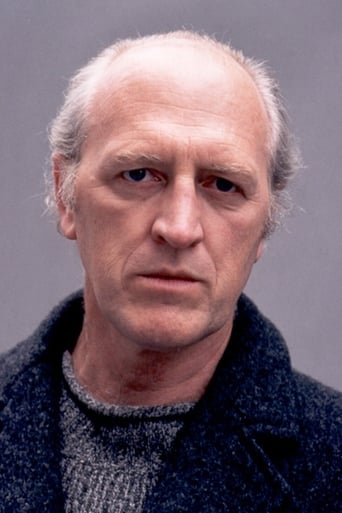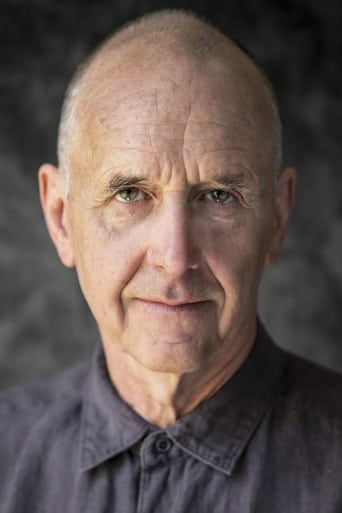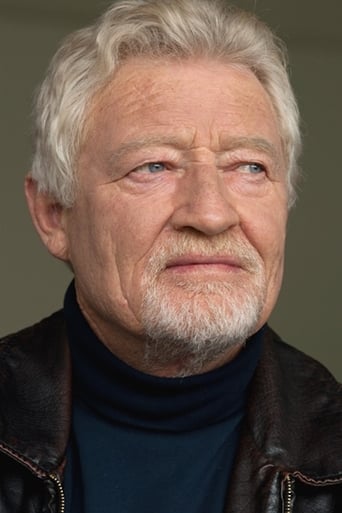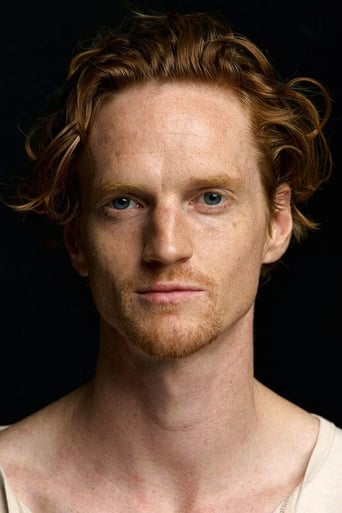The story of the senior-level preparations for the D-Day invasion on June 6, 1944 from the time of Dwight D. Eisenhower's appointment as the Supreme Allied Commander in Europe, to the establishment of the beachhead in Normandy.
Similar titles



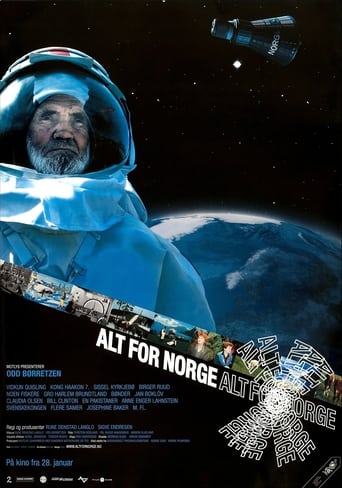
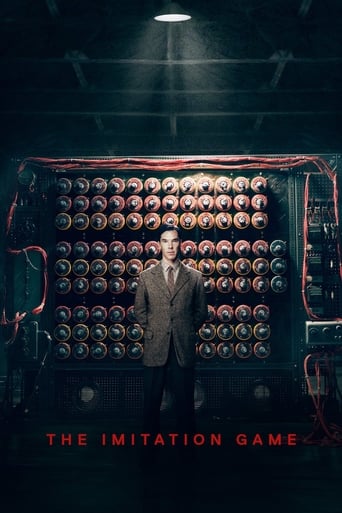





Reviews
Just what I expected
It's funny watching the elements come together in this complicated scam. On one hand, the set-up isn't quite as complex as it seems, but there's an easy sense of fun in every exchange.
This is a dark and sometimes deeply uncomfortable drama
The film never slows down or bores, plunging from one harrowing sequence to the next.
Tom Selleck stars as General Dwight D. Eisenhower in the TV movie entitled,Ike: Countdown to D-Day. It follows the General in the three months leading up to the decisive invasion that would turn the tide of World War II toward the Allied powers.James Remar,Timothy Bottoms,Gerald McRaney and Ian Mune co-stars to play key supporting roles.It is directed by Robert Harmon.The D-Day invasion is the largest military operation of World War II.The TV movie opens with Winston Churchill appointing Eisenhower,better known as Ike, as the Supreme Allied Commander. He faces conflicts with British General Montgomery, American General George Patton, and French leader Charles de Gaulle.He must balance these men's egos as he organizes the risky but necessary military maneuver.Despite historical errors and inaccuracies,this TV movie is a very well done depiction of the events leading up to D-Day, headlined by one of the strongest performances of Tom Selleck's career. It manages to convey the sense of tension throughout every scene which is a testament to both the acting and the writing.
During the commentary they said that the idea for the film came from Stephen Ambrose. Whoa! Ambrose wrote "The Supreme Commander, The War Years of Dwight D. Eisenhower," which, sadly, we have to assume was used as a primary source for this film, because the film provides no credits for any historical sources.The problem is Ambrose has very little credibility as a historian, after being proved to have fabricated and plagiarized a great deal of the material in his books. He claimed to have spent "a lot of time with Ike, really a lot, hundreds and hundreds of hours" interviewing Eisenhower on a wide range of subjects, and that he had been with him "on a daily basis for a couple years" before his death "doing interviews and talking about his life." But then when the truth started coming out about Ambrose' lies, someone did some checking: "The former president's diary and telephone show that the pair met only three times, for a total of less than five hours." This is from Wikipedia. Just look at the entry on Ambrose for a long list of fabrications, exaggerations, factual errors and plagiarism. Anything touched by Ambrose is suspect, and this includes Ike, Countdown to D-Day. We have already seen a list of anachronisms and criticisms from posters, especially about the bias and factual errors concerning the French and DeGaulle. Unless you have a background in the history of these people and events, it is impossible to judge whether the portrayals are accurate, particularly the private side of Patton and Montgomery. The film does not present the positive accomplishments of these generals, and we know you do not get to be a general by behaving like a 10 year old, which is how they are portrayed. The business of Eisenhower's threatening to send Patton home over the slapping incident is sheer nonsense. Eisenhower actually defended Patton against criticism from Washington, and never considered relieving him. The "Knutsford Incident" also seems to have been fundamentally distorted. The portrayal of Patton by Lionel Chetwynd simply is not true. While I gather there may be some basis for the prima donna portrayal of Montgomery, my gut feeling is it is exaggerated for dramatic purposes and that he was not such a pompous fool. jhiggins993 from Woodbridge VA, says the whole business of Montgomery arguing with Ike over tactics is nonsense: "In fact, Field Marshal Montgomery as overall ground commander for the invasion, was the principle architect of the assault plan that was used on D-Day" Another reviewer says Chetwynd has a long record of rewriting history in his screenplays. So if the business of Montgomery arguing with Ike is false, what's left, talking about the weather? The key scenes of Ike with Winston are made up, too. Eisenhower didn't have to persuade Churchill to support him to be Supreme Commander to unify the arguing factions because they weren't arguing, and the choice was up to FDR. The film portrays Eisenhower as a clear-thinking leader. Perhaps, but that's not what we saw in his eight years as President of the United States. This is the guy who kept Richard Nixon as his vice president for eight years, even though he despised him, and didn't have the guts to stand up to the anti-communists, or defend his friend Gen. George Marshall against attacks by Joe McCarthy.This film also makes the outcome of D-Day less certain than it was, failing to tell hardly anything about the extensive deception to convince Hitler that the invasion would be at Calais. Ian Fleming even contributed to the ruse of a fake courier's body washed up in Spain. Hitler slept till noon on D-Day because no one was allowed to waken him, and even then Hitler believed the real invasion would come at Calais. Tom Selleck delivers a commanding performance. Not having been alive during WWII, it is impossible for me to judge its accuracy. I was alive during the Eisenhower administration, though quite young, and we have plenty of TV clips from the era. Selleck's version does not match this later public image.The portrayal of Churchill is good. But if you listen to Churchill's actual speeches, he was less forceful and edgy than is portrayed here. Many of Churchill's famous radio speeches were done by an actor impersonator, so we have an actor (Ian Mune) who may have been imitating an actor imitating Churchill.The film makes a point early on about how Britain stood alone against Hitler until America entered the war, and, indeed, the bravery of the British people under Churchill's leadership will stand till the end of time as one of the noblest acts of humanity. However, I'm a bit surprised our modern British friends have not attacked this American production, as they do with most Hollywood renditions of WWII. Perhaps it is because the writer, Lionel Chetwynd, was born in Britain, and lives in Canada?The script of Ike is excellent and believable, internally. The acting is very good, and the story is low-keyed yet riveting. But, like most Hollywood attempts at history, we should not put too much faith in the details. This is a dramatization, and some details and characters were fabricated, along with virtually all of the dialogue. If it was based on works by Stephen Ambrose, then the fabricated dialogue is based on fabricated "history." The basic story is true, of course, and Eisenhower deserves credit for what he accomplished. But if you want to learn about history and get your facts straight, you are going to have to do some reading and watch some reputable documentaries, of which there are many on WWII. Ike provides a sense of the time and place, but given the known errors, I do not trust the portrayals or facts. Ike should be viewed for entertainment purposes, only.
In The Longest Day (1962), Hollywood saluted heavily the Fighting French. Perhaps too heavily, but without feeding resentments. Ike : Countdown to D-Day (2004) depicted France as the spoiled nation that was NOT fighting against Nazism.It begins by a weird omission.General Eisenhower is rebuking General Patton for having declared that the Anglo-Saxons will rule the post-war World. (The two men reported different versions of this moment. The filmmakers could only write a plausible conversation.) Eisenhower (Tom Selleck) says to Patton (Gerald McRaney) : "The Czechs are also in this war. And the Dutch and the Danes, and God knows who else." Let's examine various facts. Patton had attended the Cavalry School in France in the 1920's; he spoke French, and Eisenhower, who knew Patton personally, could easily presume his former mentor is not badly disposed towards the French in general. Eisenhower, who is preparing to send troops to fight on French beaches, is also informed, like very few man, of the action of the French Resistance (a Resistance that is ultimately successful and helpful in 1944 after years of desperate ineffectiveness). "God knows who else" ? It would have been so natural for the true Eisenhower to include "the French" in his enumeration while speaking to the true Patton. The unlucky destiny of the Danes, the Dutch and the French was similar, although the number of French soldiers killed in the war is about 11 times the total number of deaths among Danish, Dutch and Czech soldiers. It's unlikely Eisenhower didn't mention also the French, especially when the issue is the possible reaction about Patton's statement. But let's make the best of it. A tribute to the Fighting Czechs, Fighting Danes and Fighting Dutch cannot be understood as a minimization of the merit of North American and British troops who fought in Europe.Then arrived a disdainful remark.At a moment in May 1944, in Eisenhower's Headquarters, top rank officers are viewing a movie made by the Red Army about the surrender of the German 17th Army, in Crimea, in May 1944. The documentary is completed by a minimal narration.While viewing tanks in Russia, General Montgomery (Bruce Philips) loudly suggests to rethink the strategy. Eisenhower, the supreme commander, seated in the row behind Montgomery, barely budges. But when Montgomery adds, very seriously : "And we'll have the French to help us along", we see Eisenhower with strongly knitted brows, and American General Bradley (James Remar), beside Montgomery, is visibly upset when he turns back to look at his friend Eisenhower. Immediately after this, other images are projected. The narrator is then telling that those images come from a smuggled unedited film from the Warsaw Ghetto Uprisings, and the narrator adds "the ghetto resisted six weeks to an entire German Army". Right after those images of skinny human beings and the narrator's comment on their long resistance, General Smith (Timothy Bottoms), Eisenhower's Chief of staff, behind Bradley, shouts : "Twice as long as the well fed French Army in 1940. Don't count on them to help us along." The audience of officers in the dark room laughs, except Montgomery.This striking sequence of images from Warsaw Ghetto and General Smith's remark cannot be accidental. But is it relevant in a movie on the last weeks before D-Day ? The main fighting of the Warsaw Ghetto Uprising lasted from April 19th to May 16th, 1943. Did Eisenhower and his staff view a documentary movie on the Warsaw Ghetto Uprising nearly A FULL YEAR AFTER the Uprising ? If so, did the Chief of staff, on the eve of a landing in France, actually jump on an opportunity like that movie on Warsaw Ghetto martyrdom to blast the French Army ? "Twice as long as the well fed French Army in 1940. Don't count on them to help us along." What if somebody added : "Sir, the French Army was as well fed in 1939-40 as the American Navy was in Hawaii in December 1941, although rather busier on the weekends. Should Poland thank the Japanese because America finally started to cross swords with the Germans. " Entertaining joke, isn't it ? Although the entire cast in the drama is credible, convincing, let's notice how the dialog later in the drama makes the characters strangely flimsy for a short moment.General Montgomery is heavily depicted in the movie as a man disconnected from reality. For instance, later in the movie, we see Montgomery being probably the last British officer to expect he could enforce a no-smoking rule in a room where his boss Churchill, a famous heavy smoker, is about to enter.After Smith's remark on the French Army, a remark supposedly made as late as 1944, the romantic Montgomery depicted in the movie should have claimed the British Army fought against the German Forces in 1940 without more success than the French Army.Moreover, Free French soldiers led by General Koenig fought beside the British against Vichy French in Syria in 1941 and against Afrikakorps in Libya in June 1942. When the Anglo-Saxons fought the Germans in Tunisia between February and May 1943, they were helped by Free French troops led by General Leclerc, who had fought in the Sahara as early as 1941. Free French troops also fought against the Germans in September 1943 in Corsica, for instance. In May 1944, Bradley, Smith and Eisenhower were as well aware of those facts as Montgomery.But don't count on this movie for fairness.Instead, we hear Montgomery complaining about indiscipline from Smith, and it's easy for Eisenhower to tell Montgomery that he himself was the first officer to break the discipline with his comment on the strategy. So Montgomery shuts up, for once. Following that, Eisenhower tells Smith he loved his so-called reply to Montgomery. This line isn't from the solemn Eisenhower who, in the same drama, pronounced the word "racialism" when rebuking Patton about Anglo-Saxons' superiority. Too bad.
I swear you come off feeling more sympathy for the Germans than the French after seeing this. There are serious omissions and out of context statements that portray the French in every which way possible in a negative light. Its so obviously tainted by current politics (and I'm sure Tom Selleck's conservative politics) its not funny. The one time in the show where Churchill makes the off comment about the French trying to impede their escape from Dunkerque. As if they were collaborating with the Germans at the time... Totally out of context I cant believe Churchill would've made that comment to Ike at all. It was probably completely made up for the show. See the great BBC docu series "History of WW2" for the context.The admiral in charge of French forces in the area at the time wanted to stay in the fight. He expected the Brits to fulfill their obligations in their alliance at the time and not abandon the field of battle. He didn't understand they couldn't fight on probably because being an admiral vs a land force general didn't help in his understanding the Germans had far superior tactics and there was no point in keeping up the fight and risk the capture of 400 000 allied troops by the Germans. The motivation was honest though not one of a backstabbing nature. The French admiral saw cowardice in his eyes. And he felt betrayed and abandoned by his British allies.But also the fact the French had to threaten the closure of the port (tho they had no means of really doing it) if the Brits didn't evacuate them on a 50\50 basis is a sad statement on the British leadership far more than the French leadership at the time. In the last days of the Dunkerque evacuation 100 000 french soldiers held the line while the remaining 40 000 brits got first dibs off the continent. Hows that for "surrender monkeys"? I seriously hope Americans will get a chance to see the BBC series dramatized documentary "History of WW2" and get a truer picture of what really happened. So that unlike the sad distorted comment by the main comment posted for this picture and the awful Ike program they can really get an honest perspective of what happened.
Top Streaming Movies











